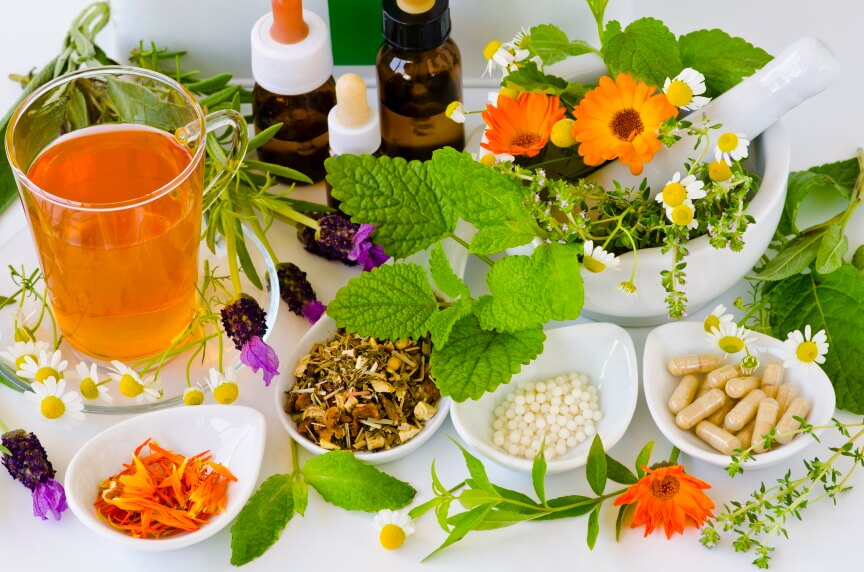
Combat Motion Sickness Strategies for Nausea Relief
Introduction
Motion sickness can turn travel into a nightmare, but there are ways to combat it and reclaim your journey. In this article, we’ll explore effective strategies for relieving nausea and discomfort associated with motion sickness, so you can travel with confidence and ease.
Understanding Motion Sickness
Motion sickness occurs when there is a disconnect between what your eyes see and the motion your body feels, such as when traveling by car, boat, or plane. This sensory mismatch can lead to symptoms like nausea, dizziness, and vomiting, making travel unpleasant and challenging for many individuals.
Choose Your Seat Wisely
Where you sit can make a significant difference in your susceptibility to motion sickness. Opt for a seat near the front of a vehicle or in the middle of an airplane, where motion is typically less pronounced. Additionally, facing forward can help reduce the sensory mismatch that triggers motion sickness symptoms.
Focus on the Horizon
Fixating your gaze on a stable object, such as the horizon or a distant landmark, can help alleviate motion sickness symptoms. By providing a stable visual reference point, you can help recalibrate your brain’s perception of motion and reduce feelings of nausea and discomfort.
Stay Hydrated and Avoid Heavy Meals
Dehydration and overeating can exacerbate motion sickness symptoms, so it’s essential to stay hydrated and avoid heavy meals before and during travel. Opt for light, easily digestible snacks like crackers, fruit, or ginger candies to help settle your stomach and prevent nausea.
Ginger: Nature’s Remedy
Ginger has long been hailed as a natural remedy for nausea and digestive discomfort, making it a popular choice for combating motion sickness. Whether consumed in the form of ginger tea, capsules, or chewable tablets, ginger can help soothe your stomach and alleviate symptoms of motion sickness.
Consider Medication
For individuals who experience severe or persistent motion sickness, over-the-counter or prescription medications may provide relief. Antihistamines like dimenhydrinate (Dramamine) and meclizine (Bonine) are commonly used to prevent motion sickness symptoms and can be taken before travel for optimal effectiveness.
Acupressure Bands
Acupressure bands, also known as motion sickness wristbands, apply pressure to specific acupressure points on the wrist believed to alleviate nausea and vomiting. While scientific evidence supporting their efficacy is mixed, some travelers find relief from motion sickness symptoms when using these bands.
Practice Deep Breathing and Relaxation Techniques
Stress and anxiety can exacerbate motion sickness symptoms, so it’s essential to stay calm and relaxed during travel. Practice deep breathing exercises, meditation, or other relaxation techniques to help alleviate tension and promote a sense of calmness and well-being.
Stay Cool and Well-Ventilated
Poor ventilation and stuffy environments can contribute to feelings of nausea and discomfort during travel, particularly in enclosed spaces like cars or airplanes. Open windows or vents to increase airflow and circulation, and avoid sitting in areas where odors or fumes are concentrated.
Take Breaks and Step Outside
If you start to feel motion sickness symptoms creeping in, take a break and step outside for some fresh air and a change of scenery. Walking around and stretching your legs can help distract your mind from feelings of nausea and provide temporary relief from motion sickness discomfort. Read more about tips to get rid of nausea









